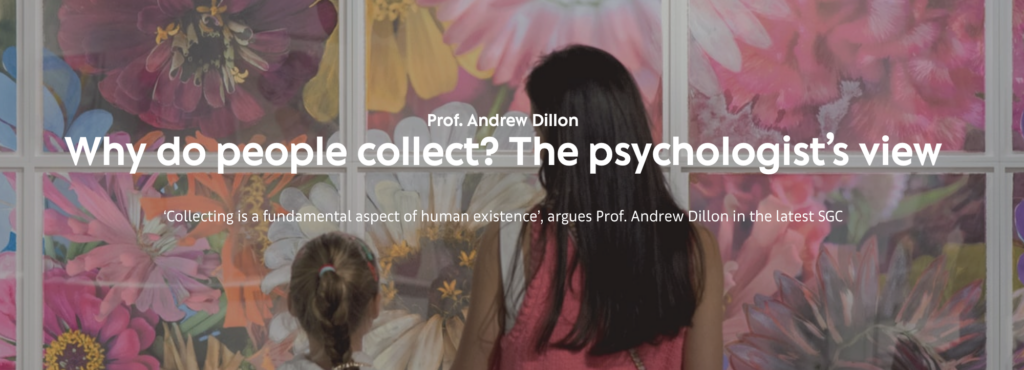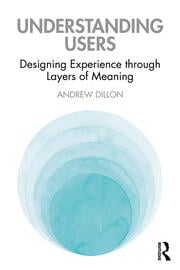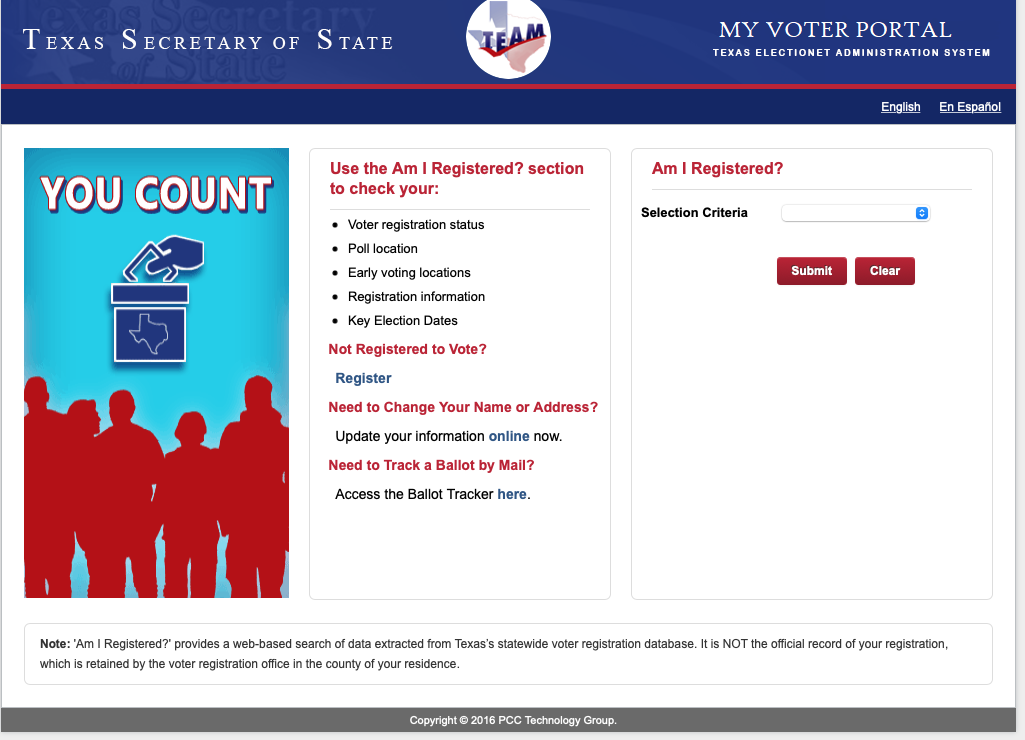It’s hard to look at the pictures of those young faces slain by bullets last week in Texas without crying. But the sadness I experience turns to anger quickly when I hear or read the comments of our political leaders and advocates for less rather than more gun control. We get the standard ‘it’s mental health’ or ‘only good guys with guns can stop this’, built on the simple deterministic model that every effect can have only one simple cause. Yes, anyone who commits mass murder is surely mentally disturbed, and yes, when someone is shooting at you, you might need to shoot back to stop them, but using that logic to make policy is itself a sign of mental deficiency, a powerful form of intentional blindness that refuses to consider the interacting forces that shape how the world really works.
But let’s for a minute play this game. If gun violence is only about ‘mental health’, why is Texas so poor in providing the necessary services? Texas is ranked 30th in the US for its mental health service provision. Clearly we could do better but when is the last time you heard Ted Cruz or his fellow party members express enthusiasm for greater health spending by the state? That would be a curiously big-government response to a public service, no? And despite the popular idea, the actual research data (where it is allowed to be used) suggests the link between mental health and gun violence is weak.
Of course, it’s easy to say after the fact that the murderer was disturbed but it can be quite difficult in advance to predict if any one individual will act. It’s not hard to say, however, that for any number of people who are disturbed, making it easy for them to gain access to automatic weapons, or any weapons, likely increases the chance of a terrible outcome. So, do we want to live in a country where, to protect our ability to buy an AR-15, we should all be observed constantly and reported upon in case we might turn out to be mass-murderers? Because to have any chance of preventing further instances of mass-murder, we surely have to engage in this level of monitoring. Is having Big Brother watching our every move the price advocates want to pay to reduce the chance of mental health-induced gun rampages? That would seem a rather strange defense of personal freedom.
I could go on — after mental health is invoked, we get the ‘good guys with guns’ theory. But there were plenty of such good guys at Uvalde that morning. No doubt now the theory will be contorted with the blame shifted to the way leadership acted or the procedures were followed in the situation. Sure, there are questions to be asked there but if we invoke procedures then we can’t also invoke the ‘good guy with a gun’ theory in its simple form. It has to become good guys with the right rules, procedures, policies and training, and equipment. All of these layers involve planning, education, funding etc., you know the type of social and organizational infrastructure that advocates tend to dismiss as complications, government interference or you know, socialism.
The neat sidestep of logic is to just say ‘arm the teachers’ as if that is what will help. So a teacher, busy providing an education to your children, should, while explaining math or grammar at the whiteboard, all the while keep an eye out for shooters and be ready, at no notice, to pull out a loaded weapon and take on a mentally-disturbed, automatic weapon firing killer. Yep, that’s a really good idea. No practical concerns there, at all. Ok, not the teacher, then let’s put armed response teams in every school, all the time. Why? So that the rest of us can have all the weapons we want. Boon to the gun industry for sure, not quite so obvious that it helps improve education to have kids spend large parts of their young lives within weaponized fortresses.
How did it get to this? Well the constant yelling that any new requirements for gaining a weapon (you know, like the requirements to drive a car, or to vote, which some of the same folks seem to have no problem legislating for) is somehow the first salvo in a war to take away all rights to bear arms has drowned out intelligent discussion. Who says it has to be so cut and dried? That any restriction, no matter how sensible, is somehow a violation of the constitution, is a narrative that serves the gun industry well, but it ill-serves the people of this nation. I noticed Ted Cruz conveniently avoid this issue while just saying any suggestion he hears from Democrats ‘would not have worked’ etc. To keep saying ‘no’ without offering an alternative, while saying ‘yes’ to large donations from the NRA is surely a reliable sign of some kind of mental health issue.
And finally, to even ask for some rethinking of the law is now apparently ‘politicizing’ the issue? Well yes, if you understand that politicizing is the act of making us aware of the ways in which governing might work then yes, let’s politicize this issue properly. Let’s not restrict the ability of government to fund research on gun violence (in what other areas of human well-being do we think less research is the best approach?) Let’s consider the costs and benefits of allowing automatic weapons being easily purchased by people not considered old enough to drink a beer and let’s try to enact the sort of provisions that most citizens of this country want, not what the special interests or industry wants. Yes, let’s politicize this issue properly so we can lessen the occurrence of the type of horror we witnessed at Uvalde. Yes, let sensible gun owners speak up without fearing they are breaking rank with the NRA or their party. Let’s have this open discussion and make better laws for all. Let’s never see faces like those school children appear on our screens again under such circumstances.



